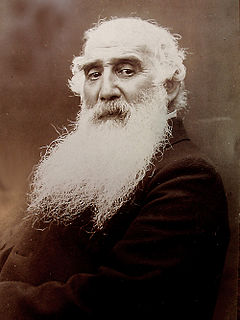A Quote by Daniel Handler
I don't know if you've ever noticed this, but first impressions are often entirely wrong.
Quote Topics
Related Quotes
I don't know if you've ever noticed this, but first impressions are often entirely wrong. You can look at a painting for the first time, for example, and not like it at all, but after looking at it a little longer you may find it very pleasing. The first time you try Gorgonzola cheese you may find it too strong, but when you are older you may want to eat nothing but Gorgonzola cheese. Klaus, when Sunny was born, did not like her at all, but by the time she was six weeks old the two of them were thick as thieves. Your initial opinion on just about anything may change over time.
At times I feel it almost impossible not to despond entirely of there ever being a better, brighter day for us. None but those who experience it can know what it is - this constant, galling sense of cruel injustice and wrong. I cannot help feeling it very often, - it intrudes upon my happiest moments, and spreads a dark, deep gloom over everything.
I think what happened is that everybody's impressions got formed in those first few minutes. And I felt like, by the latter part of it, I kind of clawed my way back into the discussion. But everybody's impressions were set at the beginning. And wholly apart from me and whether I was good or bad, you know, there were a lot of hostile questions.
No event for the Koyukon - or for most other indigenous peoples - is ever entirely meaningless or accidental, but neither is any event entirely predetermined or fated. Rather like the trickster, Raven, who first gave it its current form, the sensuous world is a spontaneous, playful and dangerous mystery in which we participate, an articulate and improvisational field of powers ever responsive to human actions and spoken words.
We all know of course, that we should never ever ever ever ever ever ever ever ever ever ever ever ever ever ever ever ever ever ever ever ever ever ever ever ever ever ever ever ever ever ever ever ever ever ever ever ever ever ever ever ever ever ever ever ever ever ever ever ever ever ever ever ever ever ever ever fiddle around in any way with electrical equipment. NEVER.
































